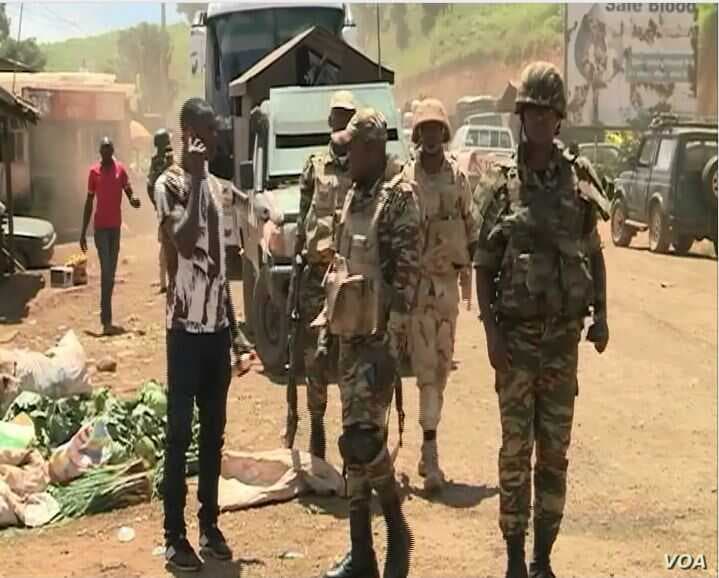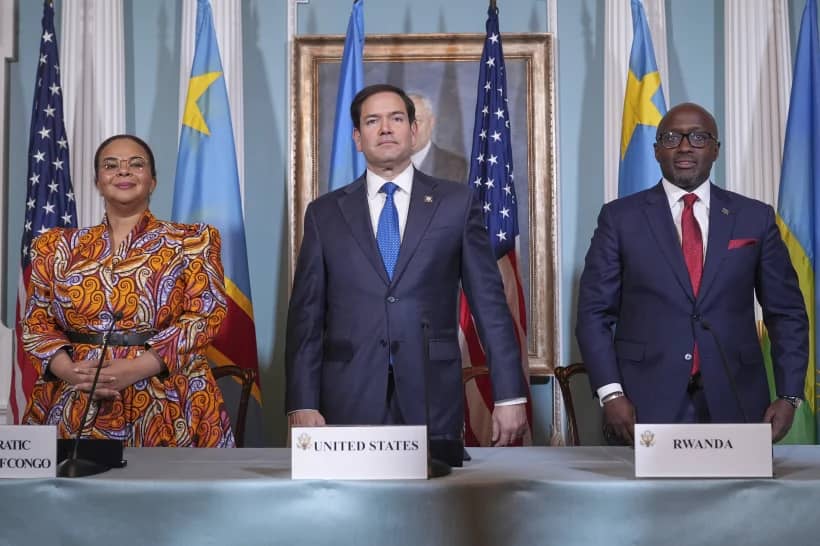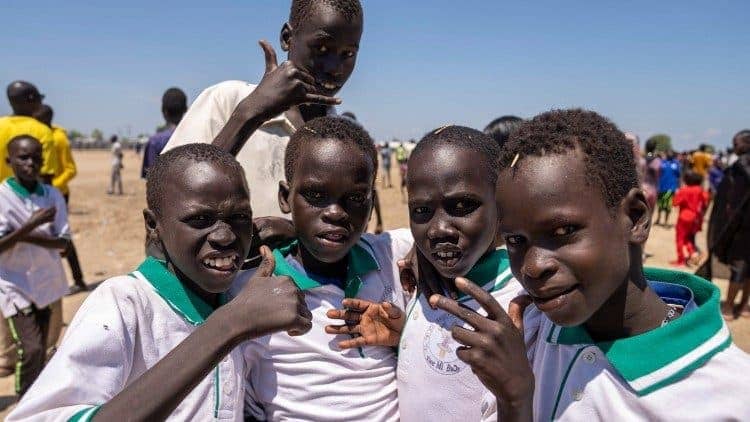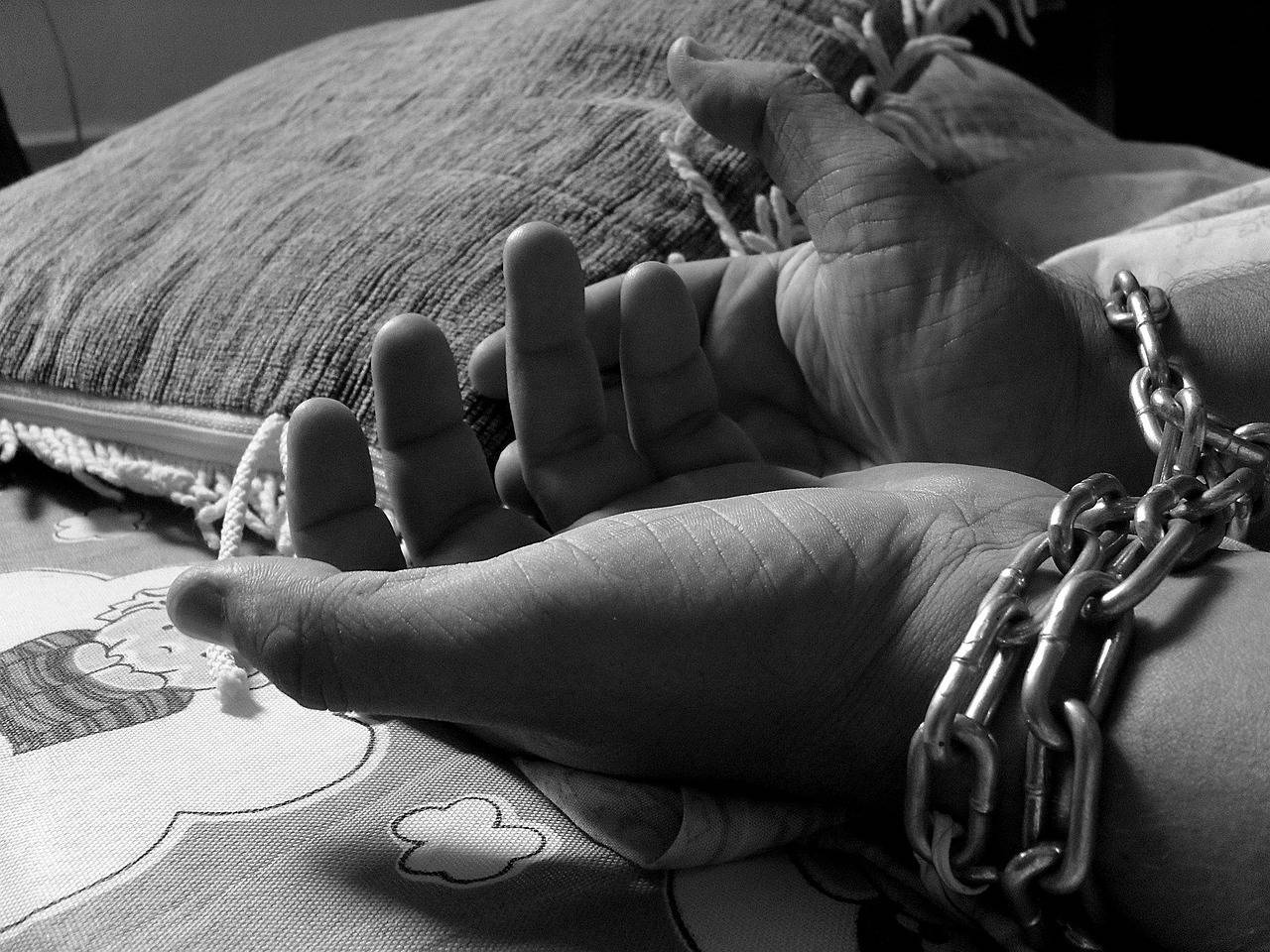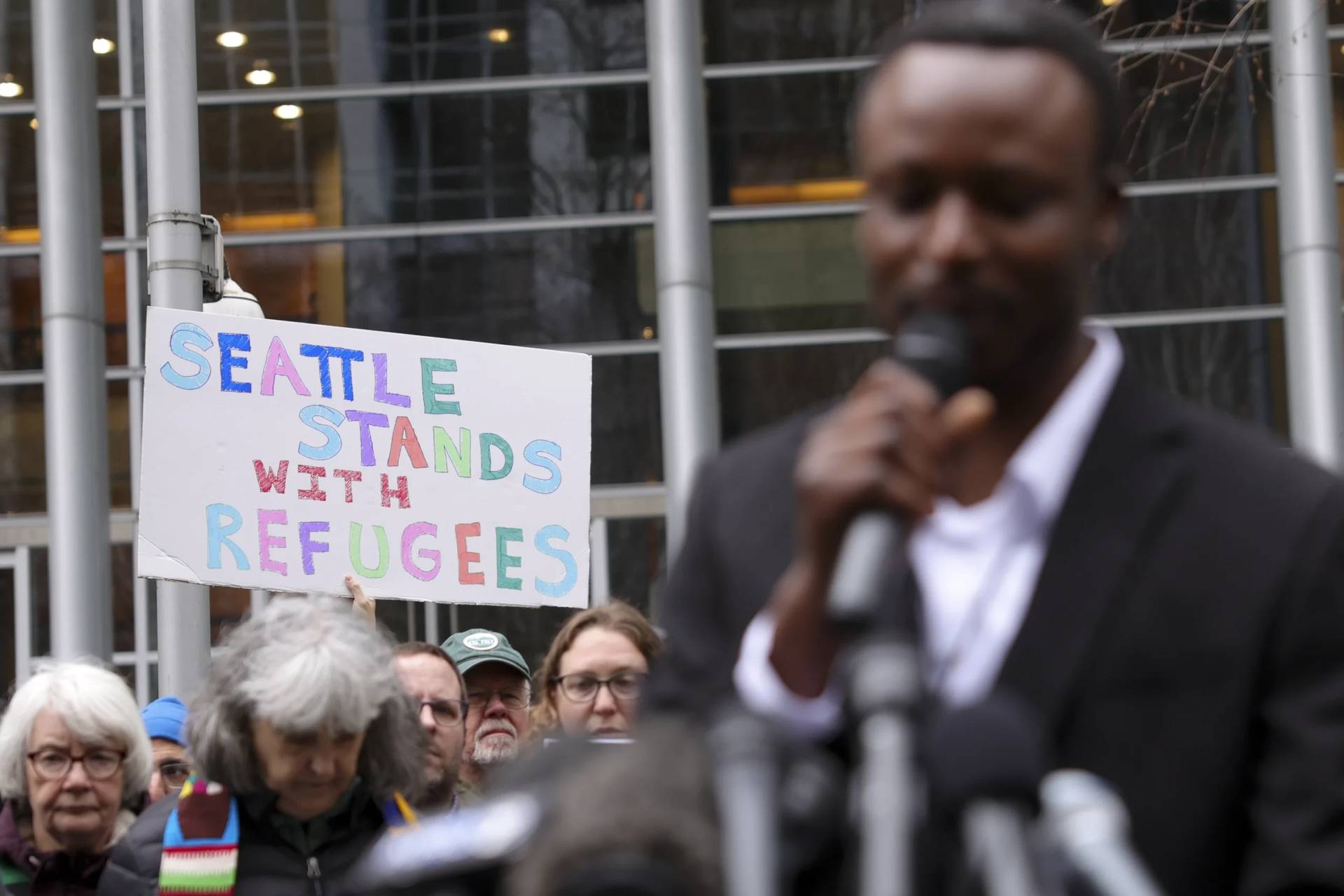YAOUNDÈ, Cameroon – For ordinary people, living in Cameroon’s troubled English-speaking regions is literally a matter of life and death, as bloody conflicts between the military and non-state combatants have made life unbearable for the over 5 million people who live in the two areas.
Over 4,000 people have been killed so far in five years of fighting, as the military fights to keep the country undivided and separatists swearing they will break away to form a new nation they call “Ambazonia.”
More than a million people have been forced to flee from their homes in the regions, with nearly 70,000 finding refuge in neighboring Nigeria.
As the fighting intensifies, it requires acts of courage for religious leaders, particularly Catholic clergy, to continue to do their jobs for the flocks they serve.
Because they refuse to be drawn into the partisan fight, both sides now see Catholic clerics as their opponents.
Reverend Father Herman Lawong is the new pastor of Ndzevru Parish, a locality that shares boundaries with Ngarbuh, where, in February 2020, the military killed 21 civilians, including 13 childre. Lawong told Crux it’s a pretty trying situation for clergy.
“It is not easy,” he said.
“The church, and any neutral body that stands in the middle, can easily be implicated by any of the two camps, in such a way that you find yourself at loggerheads with the warring parties, but you just have to live with them, because the two warring parties are [both] our people,” he told Crux.
On June 4, for instance, Father Sylvester Ngarba Nsah of St. Theresia of the Child Jesus Pastoral zone, in a town called Vekovi, was arrested by the military on accusations that he was “collaborating” with separatist fighters.
“This same priest has more than twice been arrested and tortured by the ‘Amba Boys’ [a pro-secession armed group] for daring to open a Catholic school in Vekovi. He was rough-handled by the military some two weeks ago and now again, he is in the hands of the military forces,” said a release from the communication service of the Diocese of Kumbo in the wake of the arrest.
A friend and colleague to the priest, Father Wilfred Emeh criticized the military for what he described as an “arbitrary arrest,” which, he said, demonstrates how the “military in Cameroon is targeting the clergy and the church amidst the ongoing civil war that has caused the loss of over 3000 lives in the Anglophone regions of Cameroon and beyond.”
“Two priests, a seminarian, and a Ghanaian cleric have been killed during these dark times. There are bullet holes on church buildings, a rectory has been burned down and many others targeted,” the priest said.
On Oct. 12, 2020, Jesuit Priest Ludovic Lado was briefly detained as he set out on a pilgrimage for peace in Cameroon.
On May 22, 2021, Father Christopher Eboka, Cathedral administrator of Mamfe in the troubled southwest region, was abducted by gunmen and released after ten days in captivity.
“The church has been caught up in between the separatist fighters on the one hand and the Cameroon military on the other hand,” the priest said after his release.
Even bishops have been kidnapped. The emeritus Archbishop of Bamenda, Cornelius Fontem Esua, was taken last July by gunmen near the village of Belo-Njikwe in the northwest region.
“I spent the whole night reciting the rosary,” the bishop told the state broadcaster CRTV.
“I told them they cannot achieve their goals by practicing evil, because evil can only lead to evil,” he said.
On November 5, 2020, the emeritus Archbishop of Douala, the late Cardinal Christian Tumi, was kidnapped by gunmen and released the next day.
Despite the spate of kidnappings and arrests, the Director of Communications at the national bishops’ conference, Father Humphrey Tatah Mbui, believes that the Church must continue to do its duty by God’s people.
“The church preaches peace. The church teaches that you cannot have peace without justice and without the truth,” he said.
“The church must keep on insisting on justice and truth in and out of season. And when the church will speak the truth, often it does not sit well with one or the other side. Many parishes have been closed, or they are not operating as they should.”
A priest of the Bamenda archdiocese and National Secretary for Catholic Education, Father Zephrinus Yem Mbuh, noted that the Church has been trying to offer solutions to the crisis, but has been misunderstood by both sides.
“The church tried to propose a solution, but, on one hand, those who will like to separate and have a different country accused the leaders of the church of supporting the government, and, at the same time, the government look at the leaders of the church in that province and say you people are with our opponents, you are with our enemies,” Mbuh said.
“The question is; If we really are in one country, can we have enemies within the same country? We shouldn’t have enemies, and it is important to watch out for the language we use when addressing one another,” he told Crux.
Bishop Michael Bibi of Buea told Crux that the Church has done a lot in the effort to resolve the crisis.
“Unfortunately, when the Church talks about certain issues, that are maybe touching members of the government, they think that the Church is separatist, just like when the Church is saying that it’s not good that children shouldn’t go to school because it’s their right, some other people think that we are supporting the government, so the Church is caught in the middle,” he told Crux.
“But I think that the credibility of the Church remains, because if you look at the nation today, you will agree with me that where government officials cannot go without the military, where other civil servants cannot go without the military, the ministers of God are there. The bishops go there and minister to the people. Whichever group they belong to, what the Church is concerned about is that we are going to meet human beings created in the image and likeness of God.”
